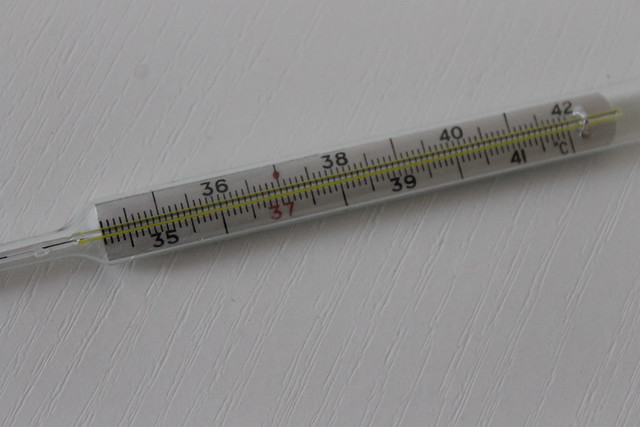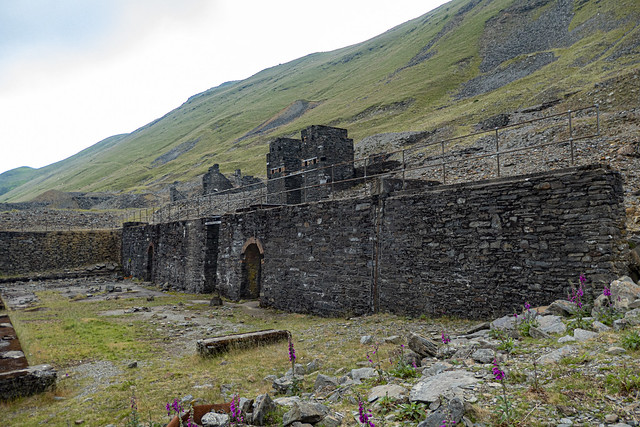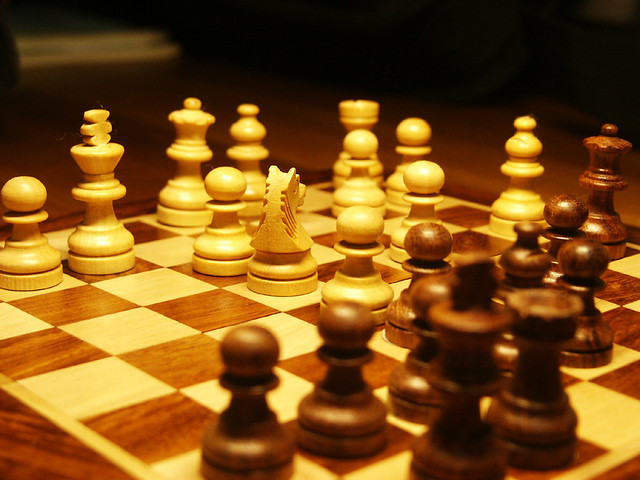Words for sail and related things in Celtic languages.
| Proto-Celtic | *siglom = sail, course, run |
|---|---|
| Old Irish (Goídelc) | séol [sʲeːu̯l] = sail |
| Middle Irish (Gaoidhealg) | séol = sail séolaid = to sail |
| Irish (Gaeilge) | seol [ʃoːl̪ˠ/ʃɔːlˠ] = sail; covering, canopy; drift, tend, course, direction, flow, motion seoladh = to sail, sailing; course, direction, guidance, dispatch seoladóir = shipper seoladóireacht = shipping seolchrann = mast seoltóir = sailor, sender, remitter, drover, (electrical) conductor seoltóireacht = sailing long seol = sailing ship |
| Scottish Gaelic (Gàidhlig) | seòl [ʃɔːl̪ˠ] = sail; navigate, direct, guide, govern, regulate seòlaid = shipping route, passage, sway(ing), nervous movement seòl-mara = tide seòladair = sailor seòladaireach = nautical |
| Manx (Gaelg) | shiauill = sail, navigate, shiauilley = to sail, navigate, sailing shiauilteyr = ferryman, sailor, seafarer, seaman shiaulteyragh = nautical |
| Proto-Brythonic | *hɨɣl = sail, course, run |
| Old Welsh | huil = sail |
| Middle Welsh (Kymraec) | hwyl, hvyl, huyl = sail |
| Welsh (Cymraeg) | hwyl [huːɨ̯l/hʊi̯l] = sail, sheet, covering, pall; journey, progress, revolution, orbit, course, route, career, rush, assault; hilarity, jollity, mirth, amusement, fun, humour hwylbawl, hwylbolyn = boom, bowspirt hwylbren = mast, flagstaff hwyldroaf, hwyldroi = to tack, change course, veer hwylfa = way, narrow road or street, lane, path, alley, voyage hwylfwrdd = sailboard, windsurfer hwylfyrddio = to sailboard, windsurf hwylio = to sail, embark, set out on a voyage or journey, navigate hwyliwr = navigator, mariner, sailor, leader, organizer |
| Old Cornish | guio = sail |
| Middle Cornish (Cernewec / Kernuak) | gol, goyl, guil = sail (of a ship) gwelan gôl = sail yard |
| Cornish (Kernewek) | gool = sail golya = to sail skath-wolya = sailing boat gorhel golyow = sailing ship |
| Breton (Brezhoneg) | gouel = sail gouelier = to sail gouelierezh = sailmaker |
Etymology: uncertain. Possibly from the Old English seġ(e)l (sail), from the Proto-Germanic *segl (sail), from *seglą (sheet, sail), the origins of which are uncertain. Possibly cognate with the Latin sagum (coarse woolen coat), from the Gaulish *sagos (wool cloak). Related words include sail in English, zeil (sail, tarpaulin) in Dutch, Segel (sail) in German, and sejl (sail) in Danish [source].
Words marked with a * are reconstructions.
Here’s Leis an Lurgainn, a song in Scottish Gaelic about sailing:
Sources: Wiktionary, Am Faclair Beag, Online Manx Dictionary, Teanglann.ie, eDIL – Electronic Dictionary of the Irish Language, In Dúil Bélrai English – Old Irish glossary, Geiriadur Prifysgol Cymru, Gerlyver Kernewek, Gerlyvyr Cernewec, Dictionaire Favereau, TermOfis, Le dictionnaire diachronique du breton, Geriafurch, English – ProtoCeltic WordList (PDF), Etymological Dictionary Of Proto Celtic










